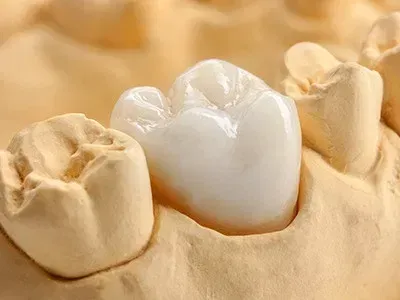
Dental Crowns - Carmel Valley, CA
Dental Crowns
For teeth that are severely decayed, cracked, or already have very large fillings, a dental crown can help bring them back from the brink of extraction. Crowns are designed to look and function just like natural teeth, and they work by fitting over a compromised tooth, protecting the remaining structure while also bringing back its original form. They can also help improve the appearance of cosmetically imperfect teeth, and they can be paired with a dental implant to replace a single missing tooth as well.
Restore Your Smile in Record Time
Do you have a chipped or broken tooth that noticeably mars your smile? Do you have a cavity that’s so large you doubt a filling would be enough to heal it? In that case, you might benefit from getting a dental crown in Carmel Valley. These tooth-shaped caps fit comfortably and snugly over a damaged tooth to restore your smile in record time. They will allow your tooth to look, feel, and function just like it did before it was damaged. If you have a broken tooth that has been bothering you, feel free to contact us to schedule a consultation for a dental crown.
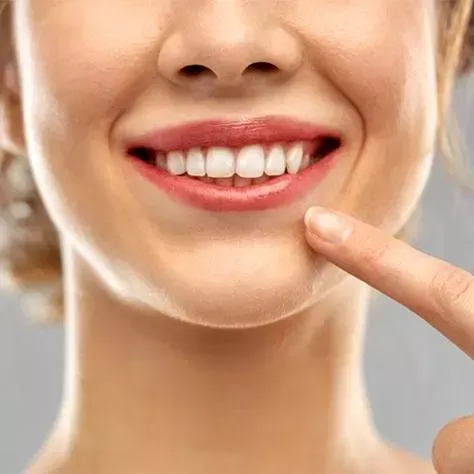
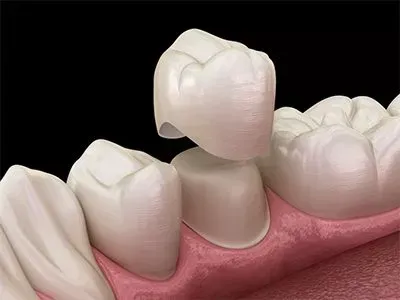
When Are Crowns Necessary?
Your dentist in Carmel Valley, Dr. Alhamdi, may decide to place a crown in order to:
- Protect a week tooth from breaking
- Hold together the pieces of a severely cracked tooth
- Restore a tooth that is broken or extremely worn down
- Support a tooth with a large cavity when there isn’t a lot of natural tooth structure left
- Cover a dental implant
- Hold a dental bridge in place
- Conceal a misshapen or severely discolored tooth
- Improve the general appearance of a tooth
The Crown Process
After your consultation to determine that a dental crown is the solution for you, you should plan on making two visits to our office. During your first appointment, we’ll prepare your tooth to receive the crown and then take detailed and highly accurate impressions, which are then sent off to the dental lab. From there, your permanent crown will be meticulously crafted. In the meantime, we’ll place a temporary plastic crown to protect your tooth and let you get used to the way it feels in your mouth. Simply return to our Carmel Valley office in a few weeks when your permanent restoration is ready and voila! Your new smile should be good to go!
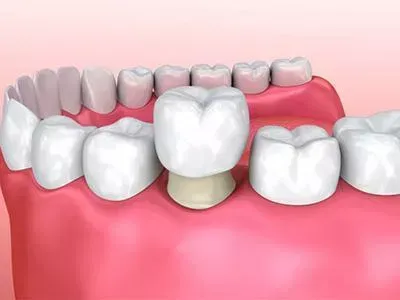
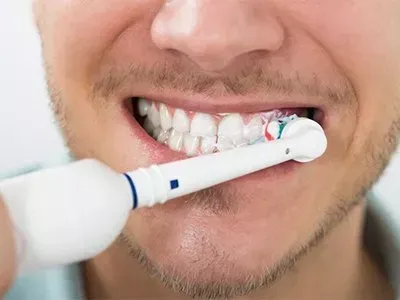
How to Maintain Your Crown
The great news is that crowned teeth do not require any special care beyond what uncrowned teeth need. However, just because the tooth is covered does not mean it’s immune to problems like decay or gum disease. For this reason, you still need to brush twice a day with fluoridated toothpaste and floss daily as you would with any other tooth. You should especially make sure to floss the area where your crown meets your gumline. Rinse with an antibacterial mouthwash once a day, and schedule a checkup and cleaning with us every six months.









